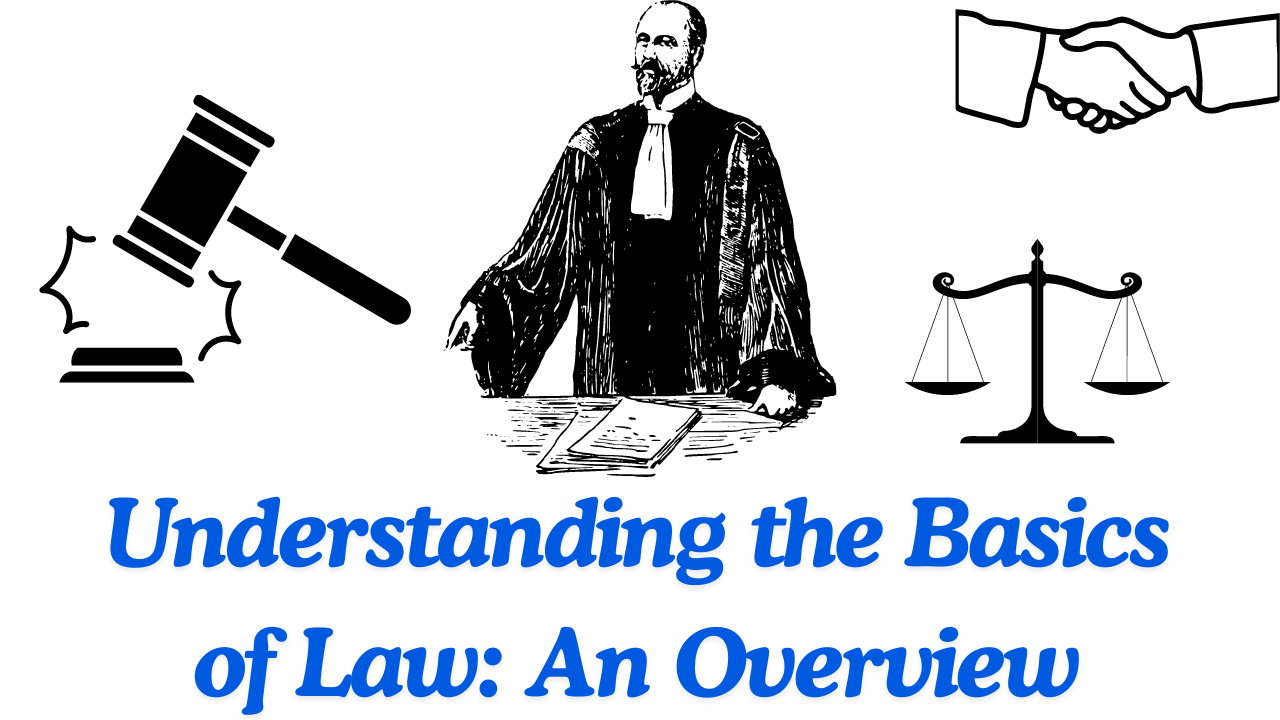1. Understanding Law
Law refers to a structured set of rules that dictate the behavior of individuals and organizations within a society. These rules are established to define what actions are allowed and which are forbidden, with the primary aim of safeguarding rights, ensuring justice, and promoting social order.
2. Categories of Law
- Criminal Law: Concerned with acts that are considered offenses against the state or the public, such as robbery or murder. Its primary purpose is to penalize offenders and prevent future crimes.
- Civil Law: Deals with conflicts between private parties, such as disputes over contracts, property, or family matters. The goal is to resolve these issues and provide remedies, usually in the form of monetary compensation.
- Administrative Law: Regulates the operations of government agencies. It covers the creation and enforcement of regulations, rules, and procedures that these agencies must follow.
- Constitutional Law: Involves the interpretation and enforcement of a nation’s constitution. It addresses key questions regarding the powers and limits of government bodies and the protection of individual rights.
3. The Legal Framework
Most nations have a legal system comprising various courts and judges who are tasked with interpreting and enforcing the law. Legal professionals, including attorneys and judges, are essential in representing clients, advocating for justice, and upholding legal standards.
4. The Lawmaking Process
In democratic nations, laws are typically created through a legislative process. Lawmakers, who are elected officials, propose, discuss, and vote on laws. Once a law is approved, it is signed into action by the executive branch, such as a president or prime minister.
5. The Importance of Law in Society
Law fulfills several critical roles:
- Maintaining Social Order: By defining acceptable behavior, the law helps ensure public order and safety.
- Protecting Individual Rights: Law acts as a guardian of personal freedoms and provides legal recourse when these rights are infringed.
- Promoting Justice: It facilitates the fair resolution of disputes and ensures that justice is administered.



Raman
Mujhe job ki sakhat jroort h plz help me sir i request you 🙏🏻 i love it law
Mujhe job ki sakhat jroort h plz help me sir I request you 🙏 I love it law
Reply
Mujhe job ki sakhat jroort h plz help me sir I request you 🙏 I love it law
Reply
Praful Patel
Mujhe job ki sakhat jroort h plz help me sir I request you 🙏 I love it law
Mujhe job ki jarurat he sar col me my contact number 6376366508
I doing my best and i have a job so please sir